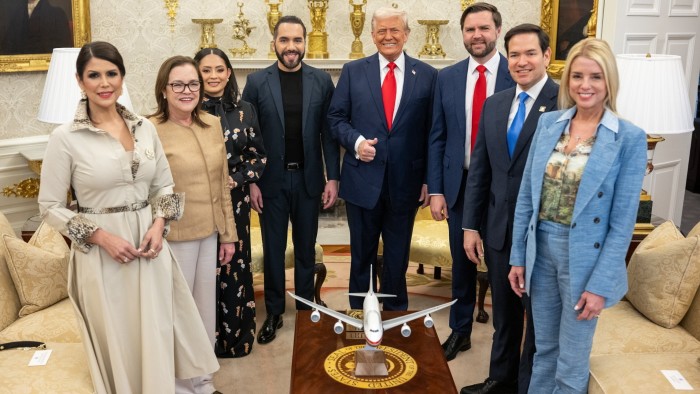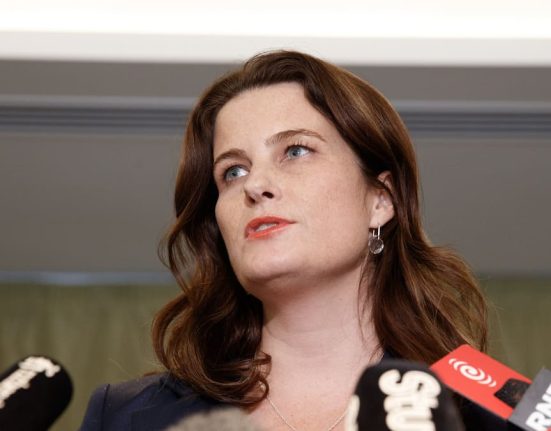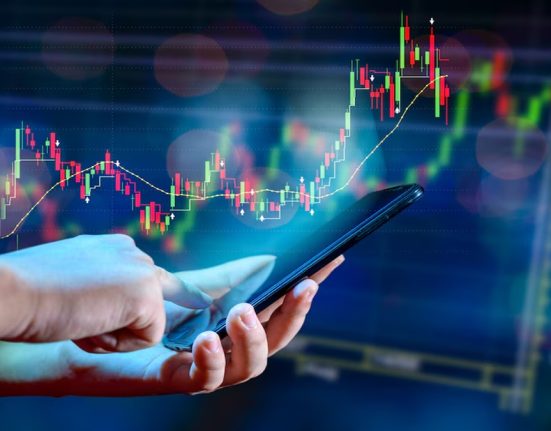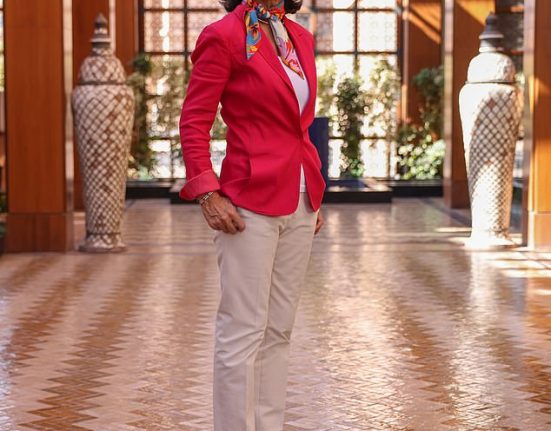Since launching his tariff war, the US president has not met the leaders of his neighbours and key trading partners, Mexico and Canada. But Donald Trump did find time to put his arm around the premier of tiny El Salvador in the Oval Office.
Nayib Bukele is “one hell of a president”, Trump told his White House audience last month.
Bukele, who has called himself the “world’s coolest dictator” and is hosting US deportees in his mega-prison, is one of a trio of rightwing Latin American leaders vying — with some success — for Trump’s affection.
While other global leaders fret about tariffs and authoritarianism, Bukele, Argentina’s Javier Milei and Daniel Noboa of Ecuador believe that drawing close to the US president could secure more investment, access to top officials and cover for controversial policies.
“They all want to get a domestic bump, the Trump bump,” said Ryan Berg, director of the Americas Program at the CSIS think-tank in Washington. “They want a signal to their voters that they can get Trump on speed dial, they can resolve things with the US.”


In recent months, Bukele and Milei have both secured big new loans from major lenders — the IMF, World Bank and Inter-American Development Bank — in which the US has the biggest voting weight.
Washington’s support was instrumental in pushing through a jumbo $20bn IMF loan to serial defaulter Argentina, already by far the fund’s biggest debtor, said people close to the process.
When Milei lifted most of Argentina’s currency controls after signing the deal in April, US Treasury secretary Scott Bessent flew to Buenos Aires to give public support to the government. The peso has since defied most economists’ predictions that it would plunge after the fixed exchange rate was relaxed, falling by less than 10 per cent despite a 30 per cent drop being allowed under the trading band introduced with the IMF bailout.
“Argentina was only the second international trip he made as Treasury secretary,” said Kezia McKeague, who advises clients on Argentina for McLarty Associates in Washington. “It was obviously a huge sign of support for Milei.”
Days later, Bukele basked in some of the warmest praise enjoyed by a foreign leader in Trump’s Oval Office. After the US president commended El Salvador’s success in fighting crime with mass incarcerations, a beaming Bukele responded: “Sometimes they like to say we have imprisoned thousands. I like to say we have liberated millions.”
A beaming Trump responded: “Who gave him that line? Do you think I can use that?”
Eric Farnsworth, who leads the Washington office of the Council for the Americas business group, said: “El Salvador is a very small country in Central America that doesn’t necessarily play on the global stage. So this really does elevate President Bukele.
“He has the first visit to the Oval Office [by a Latin American] with President Trump during this term and that puts him in a different category. It also, presumably, reduces the impulse to criticise what he might be doing domestically.”
Ecuador’s Noboa, the Miami-born heir to a fortune from the banana trade, travelled to Florida to meet Trump two weeks before a tight run-off election against a leftwing opponent. His government is interested in hosting US military bases and Noboa has announced a “strategic alliance” with Erik Prince, the founder of US private security contractor Blackwater and a long-standing Trump ally.

Noboa faced criticism during the campaign because his Bukele-style crackdown on crime had failed to deliver a Salvadoran-style boost to security. But “having an alliance with Trump can cover up a million sins in terms of competence”, said Christopher Sabatini, Latin America fellow at Chatham House. “It really can help, it brings real political capital to a lot of these presidents.”
There are clear limits to what the Trump-supporting trio can secure. Argentina and Ecuador want a free trade agreement with the US, but bipartisan hostility in Washington to fresh trade pacts makes that unlikely.
No close Trump ally has so far secured exemption from the 10 per cent “baseline” tariffs imposed by the president.
Still, while close ties to Trump may be toxic in Europe, Latin America’s proximity to the US and its polarised left-right politics mean the US president is viewed more favourably there than in much of the world.
An Ipsos global poll this month showed that 76 per cent of Peruvians believe the US will have a positive influence on the world, the highest in any of the 29 nations polled. Argentina (63 per cent) and Brazil (61 per cent) were not far behind.
The leftwing leaders of Latin America’s two biggest nations, Brazil and Mexico, have both been careful to avoid open conflict with Trump after seeing the devastating economic and visa sanctions briefly clamped on Colombia in January, when its leftwing President Gustavo Petro refused to accept military deportation flights from Washington. He rapidly backed down.
No leader wants to be placed in the category that one senior Trump administration official calls the “really bad guys” in the hemisphere — the revolutionary socialist governments of Cuba, Venezuela and Nicaragua.
But perhaps the biggest risk for the Trump-supporting trio of Latin American presidents is a change in the political winds in Washington.
“It’s always a risk, to align yourselves too closely with one party or the other in Washington,” said Farnsworth. “Because inevitably, the politics will shift and then you find yourself frozen out.”







